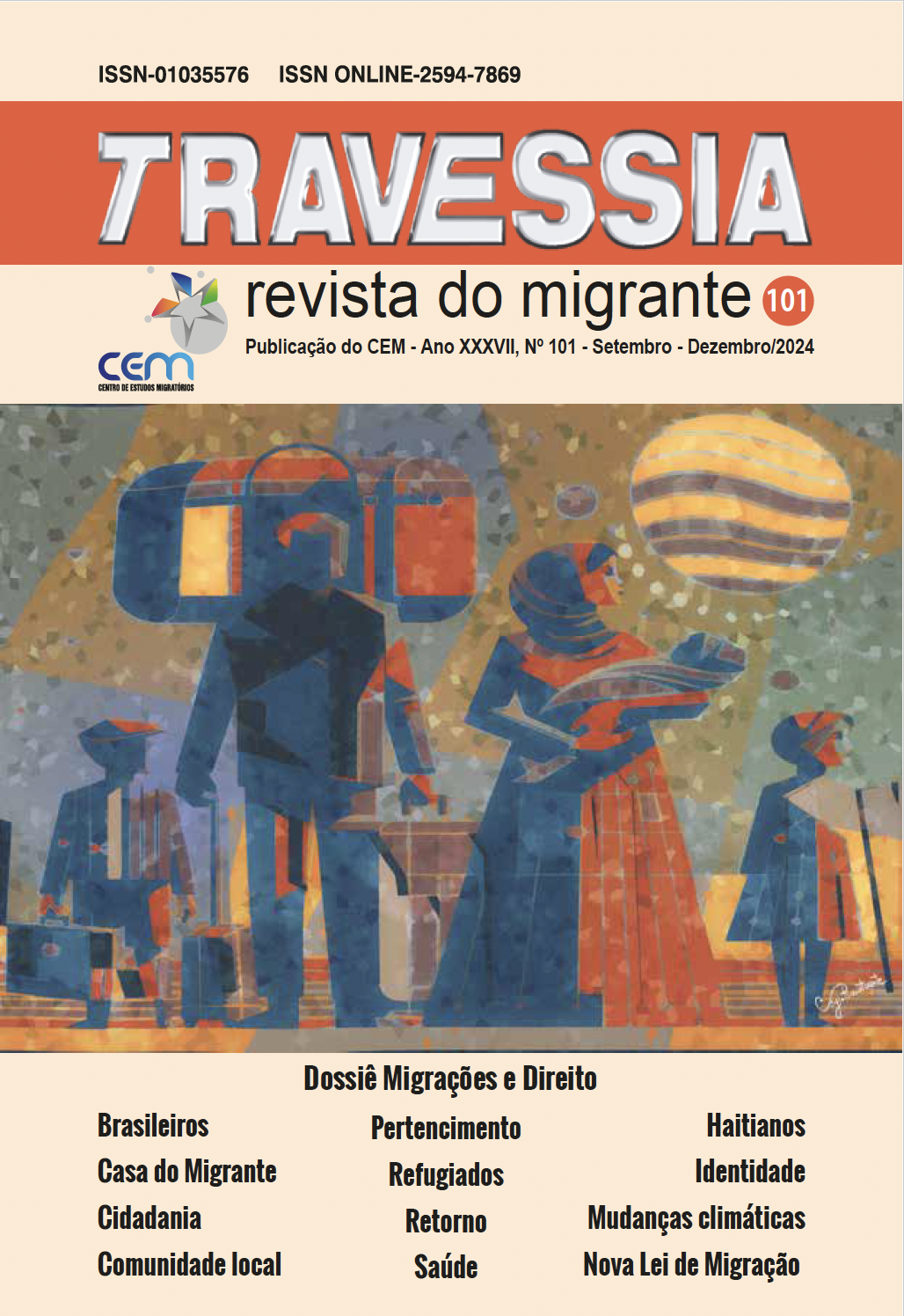Challenges of naturalization: bureaucracy, perceptions, and social integration in Brazil
Keywords:
Citizenship, Rights, InclusionAbstract
The objective of this work is to examine the relevance of naturalization as a facilitator of immigrant integration in Brazil, highlighting the importance of citizenship in guaranteeing political rights and promoting a sense of belonging in the host society. The study emphasizes the significance of citizenship for immigrants, encompassing access to political rights and the promotion of a sense of belonging. Additionally, it analyzes in detail the naturalization process in Brazil, highlighting the necessary requirements and the challenges faced by immigrants, such as obtaining documentation, waiting times, and bureaucratic difficulties. The method adopted is the semi-structured interview, based on open conversations with immigrants who sought naturalization in Brazil. However, the research encountered obstacles, such as the reluctance of participants to share their experiences and the lack of access to official data on naturalized immigrants. It concludes that despite the difficulties encountered by immigrants in the naturalization process, the acquisition of nationality is seen as a fundamental step for integration. Even so, it is necessary to review and improve policies and practices related to naturalization to make the process more agile and accessible.


